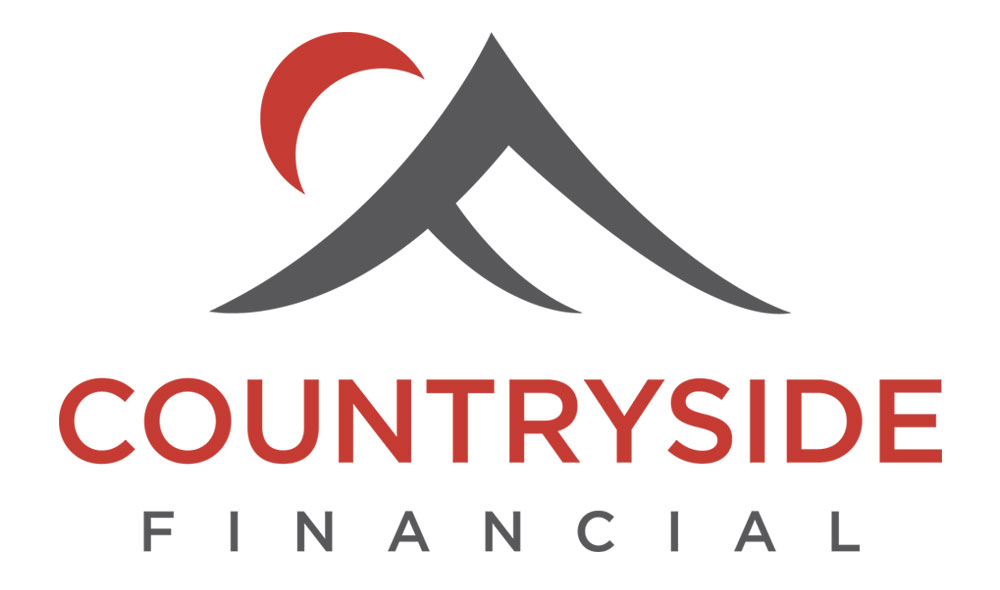QUALIFYING FOR A PRIME RATE MORTGAGE
Are you planning a new purchase or a refinance in the near future? Do you know whether or not you qualify for a mortgage; or if you do, do you know how much you can afford? Prime lenders look at these factors when determining what mortgage you may qualify for:
Your verifiable income/employment. A history of steady, stable employment – be it self-employment or salaried earnings – is required to qualify. A short time in your current job won’t prevent you from getting a mortgage, as long as there is no probationary period and you are in a similar line of work as your previous employment. If you are self-employed, a minimum 2-year tax history is required (if you report reduced income to save personal taxes, this does affect your qualification but there may be options with non-prime lenders).
Your debt-ratio. A critical question a lender will consider is how much of your total verifiable income you’ll be spending on housing (or your TDSR, Total Debt Service Ratio)). The TDSR ratio is based on the PITH equation (PITH = principal, interest, taxes and heat + 50% condo fee if applicable), and your TDSR should not exceed 32-35% (or 39% for well-qualified) of your gross monthly income.
A lender will also look at your total debt-load (or your GDSR, Gross Debt Service ratio), which includes housing costs (PITH) as well as all other monthly obligations: vehicle payments, personal loans, credit cards, child support, alimony, etc. Your GDSR should not exceed 40% (or 44% for well qualified) of your gross monthly income.
Remember … most mortgage qualifications are based on the “stress-test” rate and not the rate you will actually pay. The mortgage stress test uses the higher of two rates to determine if a borrower can afford a mortgage. The test uses either 5.25% or the borrower’s contract rate plus 2%, whichever is higher. This rate is used to calculate potential mortgage payments and ensure borrowers can handle the financial burden even if interest rates increase.
Your credit history. Excellent credit is very important to qualify for a best-rate mortgage. Generally, a score of at least 620 is required for prime lending, 650 for self-employed and 680+ for well qualified programs. A score less than those will be reviewed case by case, and may be subject to rate increases or the requirement to deal with non-prime lenders.
The value of the property you want to purchase/refinance. The lender may request an appraisal report to be completed as a condition of the mortgage, and the mortgage will be based on the appraised value or the purchase price – whichever is less. Besides value, lender will also review the overall condition, economic life, comparable properties, etc.
Your down payment. A minimum of *5% down payment is required for all new (owner occupied) purchases <$500K (10% for value >$500K), 20% for a conventional mortgage or min 20% equity must remain for all refinances, and 25% down payment for rental or investment properties.
*Conditions do apply.
Please get pre-qualified!! When you don’t meet the criteria as set out above, an experienced mortgage broker may be able to provide other options.
Candace Perko,
Mortgage Broker
























